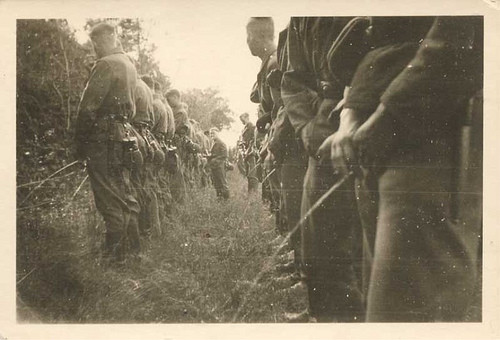By an American, who should be free of the partisanship which might infect those of the participating nations. He seems to deliver a very balanced, well informed, and detailed analysis of the siege.
Interesting point about Rommel losing comms when advancing too far to the front, because he wanted to see the battlefield. That might have worked for a 19th century commander on a hill, but it didn’t for a mid-20th century commander in an armoured vehicle in a hole. He should have been in a plane if he wanted to see the battlefield. Less dashing, but better vision.
Also interesting, even if only briefly mentioned, how logistics and RAF attacks on the German supply line played a major part off the battlefield, confirming the importance of air control of the sea and reducing the seaborne LOC.
The detailed analysis of individual aspects and military elements at the end is worth reading as applicable to any combined arms assault against, and any combined arms defence of, a defended position.
http://www-cgsc.army.mil/carl/resources/csi/miller/miller.asp
(This could have been in the German section, but as Tobruk, at least the part covered in this article, was a British Commonwealth victory it seems appropriate to put it in the British section.)




